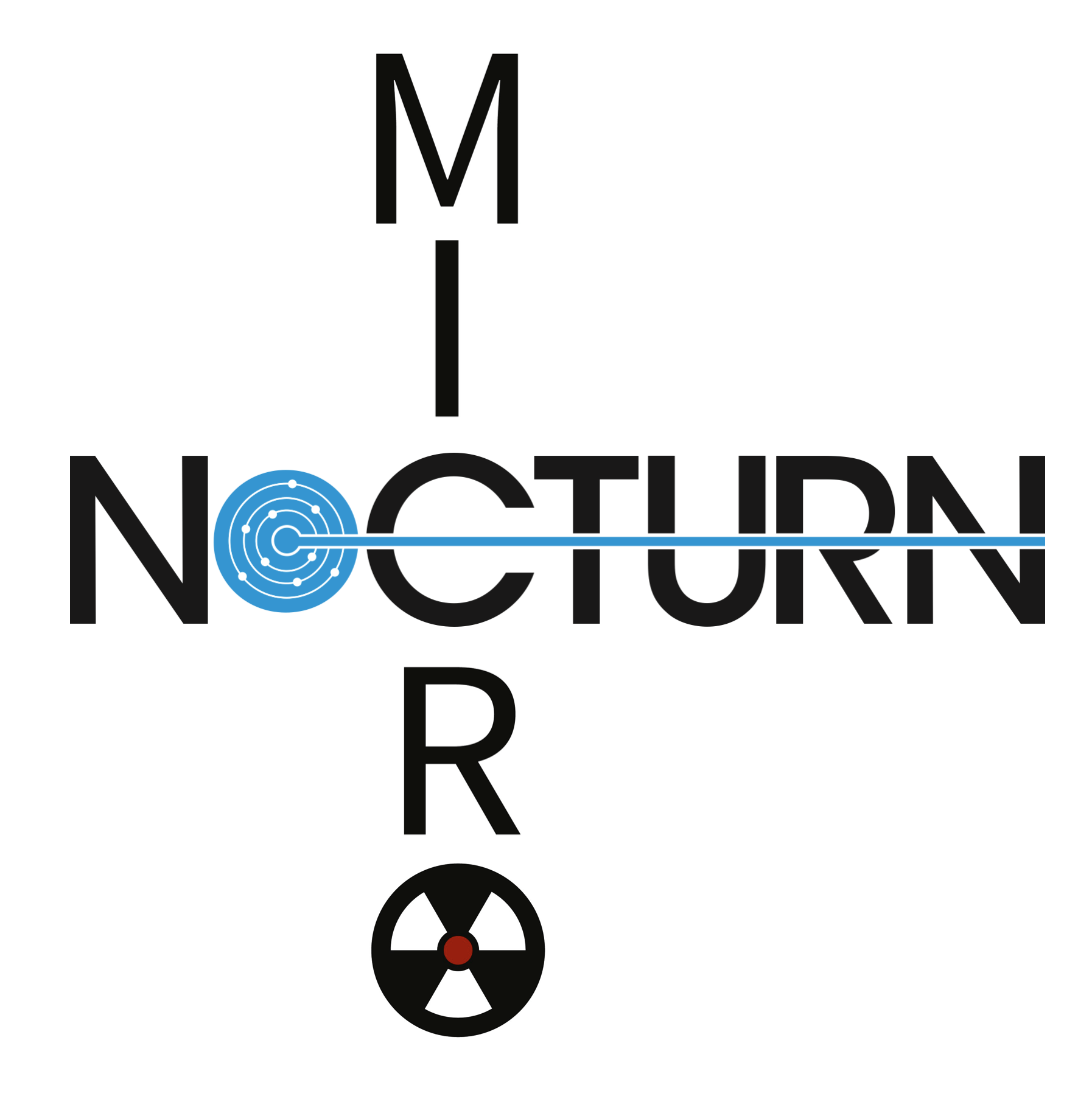
Computed tomography (CT) is like a magic lens, bringing the unseen into focus, and MICRO is proud to be part of the NSF-funded CT group NoCTURN, the Non-Clinical Tomography Users Research Network. Recently, MICRO has contributed to a NoCTURN initiative to highlight online resources for CT training such as:
Optimal CT Imaging with Packaging Tips—Ensuring the safety and integrity of specimens during the CT scanning process begins with proper sample packaging. Specimen packaging plays an outsized role in achieving optimal imaging results. MICRO recommendations are essential for researchers and professionals working with delicate samples along with those who need scanning at the highest possible resolution. These are real trade-offs that ensure preservation and clarity in the resulting scans.
Special Sample Preparation with Iodine—DiceCT, or diffusible iodine-based contrast-enhanced Computed Tomography, is a popular staining technique developed for enhancing the visualization of soft-tissue structures in CT scans. This method overcomes the limitations of traditional X-ray imaging in visualizing low-density materials, such as the soft parts of plants and animals. Oh, and it’s reversible, making it compatible with other imaging tools like histology.
Manipulating Image Stacks in FIJI—FIJI is a free, advanced image-processing software package, and MICRO offers a guide to manipulating CT image stacks in FIJI (including opening, adjusting, duplicating, rotating, reslicing, and saving stacks).
This collaboration reflects our ongoing commitment to excellence and innovation in the field of 3D imaging. Thanks to all of our users and partners—especially NoCTURN—for helping MICRO continue to advance CT-scanning outcomes for the U.S. Interior Highlands and beyond.
See the NoCTURN Education & Outreach Community Resources here, and keep an eye out for MICRO’s next set of contributions!

Recent Comments